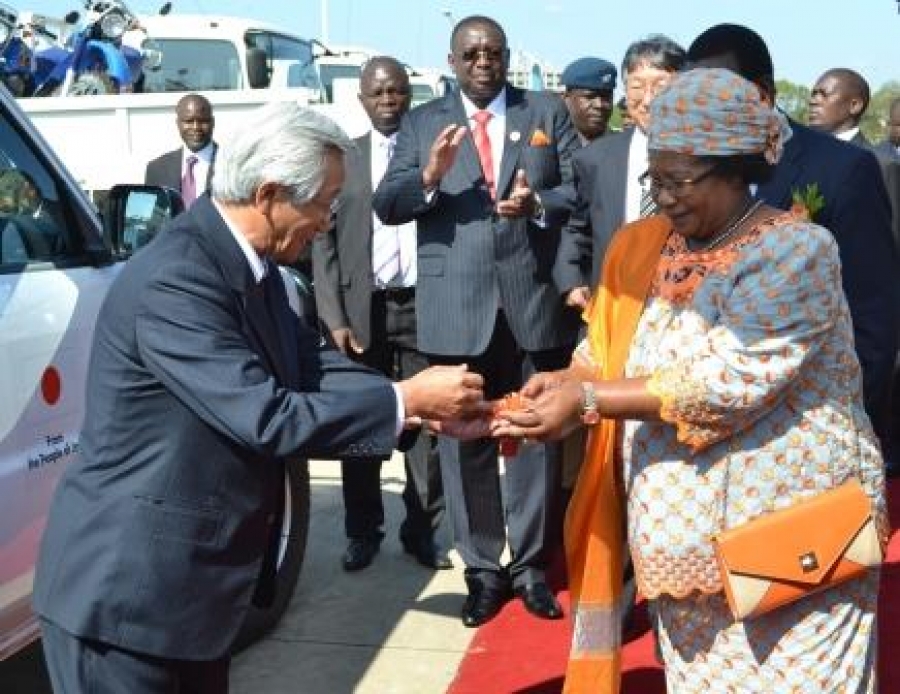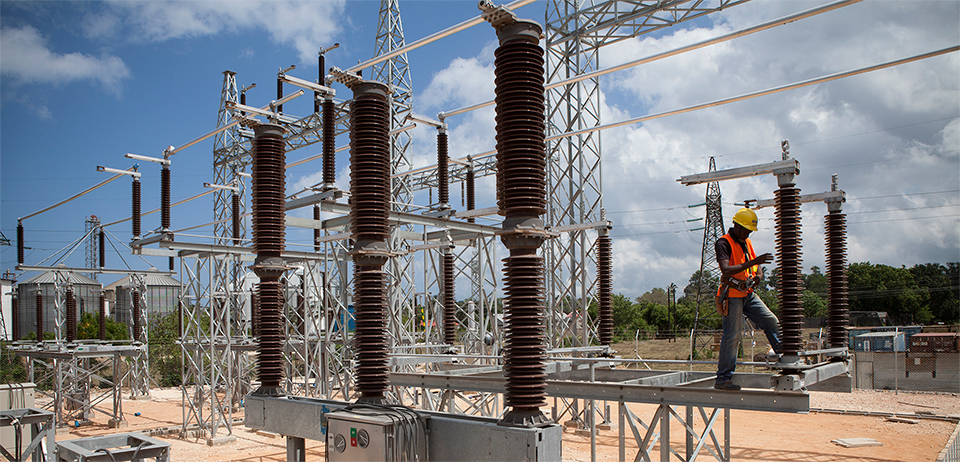The Presidential Initiative on Poverty and Hunger Reduction (PIPaHR) has gone into a commercial partnership with AHL Commodities and the Export Development Fund (EDF) in a K300m revolving venture involving the buying and exportation of local farm produce.
The development has infuriated the Malawi Economic Justice Network which finds it to be against the spirit of resource rationalisation in public investments and expenditures.
The question under contention is: “Who is benefitting from the initiative between farmers, middlemen and initiative holdings’ company?”
From what is happening on the ground, it seems the peasant farmers who were the intended beneficiaries of the initiative are exploited.
Operating under PIPaHR Holdings, the initiative has hired aggregators who are using government accounts personnel to pay cash to farmers bringing forward soy beans to their buying points throughout the country which is being stocked in Admarc warehouses.
However, while the buying points are clearly marked Msika wa Boma Wogulira Soya (Government Soy Buying Point) the Ministry of Finance has distanced itself from this.
Finance spokesperson Nations Msowoya told The Daily Times in an interview that PIPaHR is using funds from commercial banks based on a deal with Export Development Fund.
“The Export Development Fund seeks to promote exports from Malawi, especially legumes, based on the export market which the PIPaHR has secured.
“The Export Development Fund has helped (PIPaHR) to borrow funds from the commercial banks which they will later payback once they export the farm produce,” Msowoya said adding “The PIPaHR being a fully fledged institution is solely responsible for the produce”.
In a separate interview, PIPaHR National Coordinator Flora Kaluwile disclosed that the initiative had accessed a K300m ‘credit facility’ through the EDF which is now being used to buy soy and would later be used to buy beans and groundnuts throughout the country.
Thousands of tonnes of soy is thus being collected from the various buying points dotted across the country to Admarc warehouses under the custody of AHL Commodity Exchange.
“The legumes are strategic in the sense that not only will farmers reap fruits of their labour but also Malawi as a country has the potential of generating close to 50 million dollars in foreign currency through the legume exports,” said Kaluwile in an interview recently.
However, confirming the partnership in a separate interview EDF Chief Executive Officer Rodrick Wayo said his office will only be involved in creating collateral for produce that the PIPaHR has handed over and is in warehouses under custody of AHL Commodity Exchange.
Malawi Economic Justice Network (Mejn) Executive Director Dalitso Kubalasa has slammed the arrangement saying government needs to embark on a resource rationalisation drive for “allocative and technical efficiency as well as efficacy in the investments and expenditures.”
“We need to do away with such duplications and uncertainty in modalities that might easily end in these huge investments going down the drain, when we need every little coin we can get to make a difference as transparently as possible for all Malawians,” he said wondering what then Admarc would be doing when PIPaHR is doing the work it is supposed to be doing.
“Let us all strive to strengthen and not weaken the institutions that have been tried and tested; institutions capable of drawing lessons to be better and much more efficient, to serve the national interests of making Malawi an export-led economy and net exporter; food secure and sustainably growing economy,” he said demanding clear policy and guidelines on this.
AHCX boss Davis Manyenje confirmed to The Daily Times that EDF is the financier of the venture.
“EDF will be able to guarantee or finance exportable inventory that is secured in AHCX warehouses, with AHCX as a collateral manager, to ensure that …, PIPaHR has resources to accumulate the necessary volumes that would be attractive for foreign buyers of Malawian commodities. Since the commodities are secured, EDF would be assured of recovery of proceeds from proceeds of such exportable commodities, ensuring that EDF is sustainable,” he said.
Manyenje said EDF is facilitating exports by providing “working capital” or guarantees to financial institutions that are willing to finance exporters in line with the National Export strategy. – By Gabriel Kamlomo




